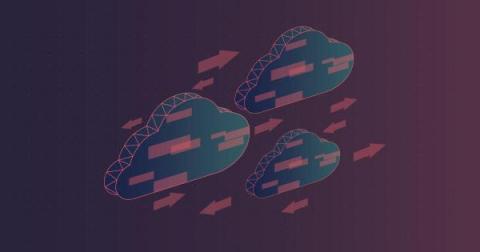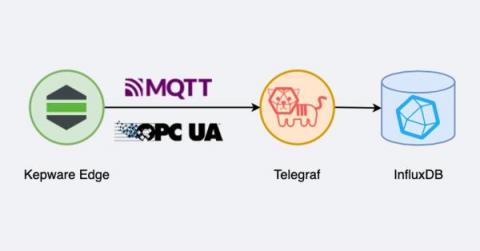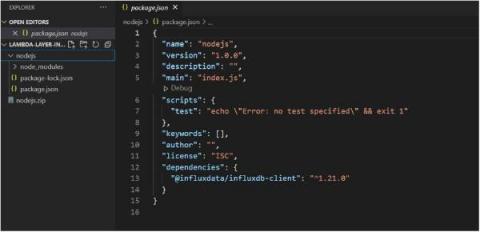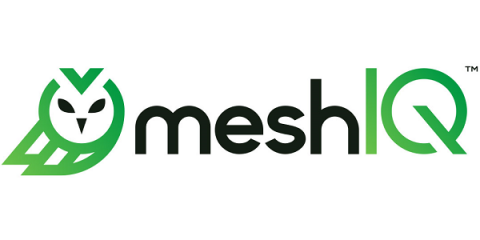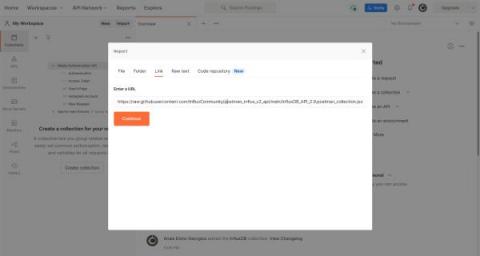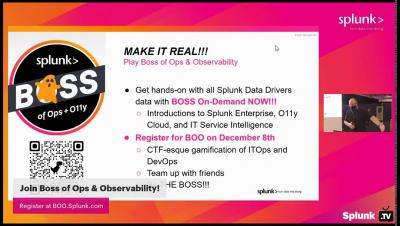Operations | Monitoring | ITSM | DevOps | Cloud
Analytics
Elastic Enterprise Search 7.16: Adaptive relevance and Kibana UI
The 7.16 release of Elastic Enterprise Search features curations powered by adaptive relevance, the general availability (GA) of the unified management interface in Kibana, and a Google Cloud Firestore extension.
PTC Kepware and InfluxDB: Collecting and Storing Your Automation Data
If you have worked in the automation sector for some time, it is likely you have come across or at least heard of PTC Kepware. They provide one of the largest connectivity suites for automation devices such as PLC’s easing the bridge between the OT (Operation Technology) and IT (Information Technology) world. The best part? You can store, transform and visualize this data using InfluxDB. This blog post will take you through the different ways of connecting your Kepware instance to InfluxDB.
How to Use AWS Lambda Serverless Functions with InfluxDB
For time series workloads the ability of serverless functions to scale up and down is a major advantage, especially for something like IoT devices that may have intermittent connectivity and might suddenly send data in bursts. In this type of situation, it doesn’t make sense to be paying for a server to be running 24/7 when you can use a serverless function and only pay for the compute you use.
Big Data: What is it and what you need to do about it?
Big Data has recently made headlines as one of the important tools recruited to combat the corona crisis. Big Data technologies offer predictive capabilities and insights from vast volumes of economic, scientific, and epidemiological information to enable informed decision making, both locally and globally.
Why Data Maturity Matters | Prof. Sally Eaves, Ronald van Loon and Splunk's Mark Woods
Getting Started with the InfluxDB 2.0 API and Postman
Whether you’re using InfluxDB Cloud or InfluxDB OSS, the InfluxDB API provides a simple way to interact with your InfluxDB instance. The InfluxDB v2.0 API offers a unified approach to querying, writing data to, and assessing the health of your InfluxDB instances. Today we want to share a Postman project to help you use the API easily. Postman is “an API platform for building and using APIs”.
Live from AWS re:Invent - Data Drivers & Racing as a Service
Power of Search - 60 sec
How to Use Rapid Experimentation To Improve Big Data Adaptability?
Big Data, a serious shift toward rapid experimentation, is the need of the day for most firms who are interested in reaping its potential benefits and constructing a wise and clear path to the changeover. Big Data has been the topic of discussion for a few years and is a method for businesses to acquire large amounts of data on their customers in order to deal with that data while respecting customer privacy and adhering to ethical guidelines.


